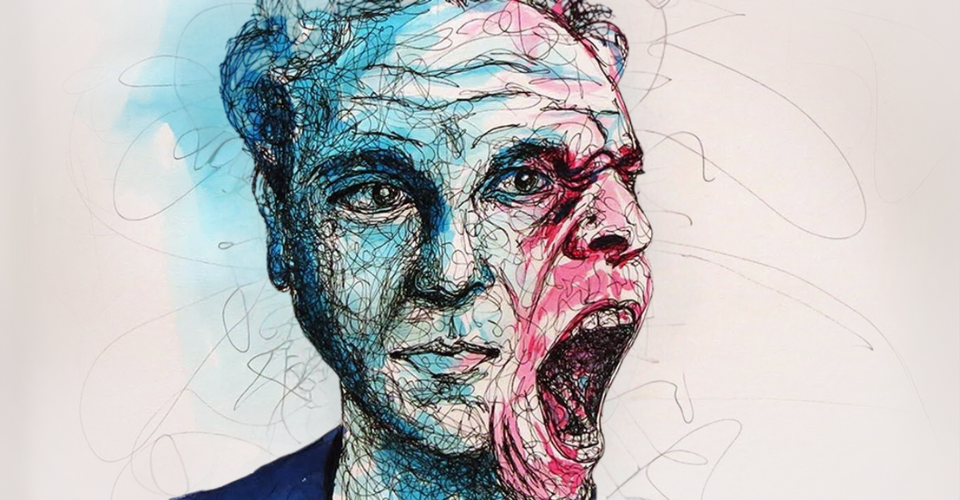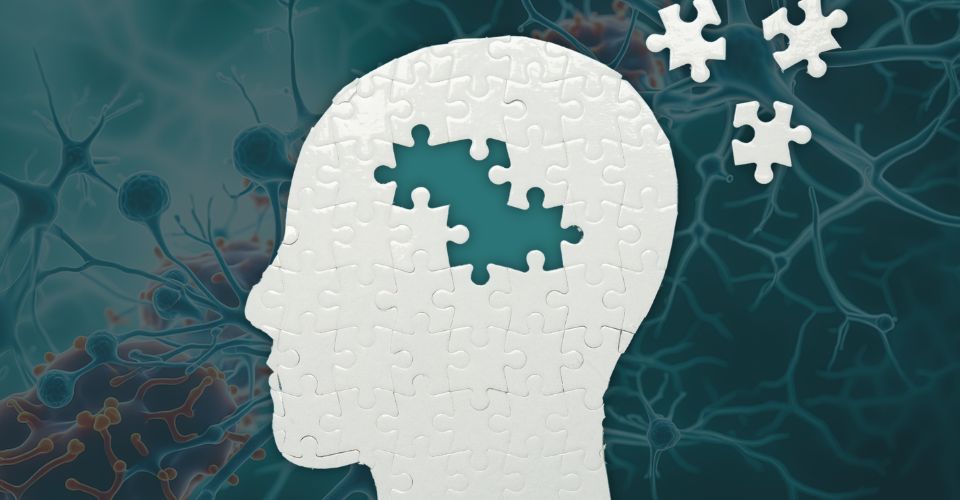The Unique Needs of the Gifted in Therapy
When Dr. Joey started her speech, she mentioned that the psychological needs are very unique and complex in gifted individuals.
Hence there is need for therapists who can understand and effectively respond to these delicate demands.
She has been working as a professional on this field for many years; therefore, she knows much about it.
They have been dealing with adults who are talented differently including those with autism spectrum disorders (ASDs).
These experiences helped shape her thinking about what therapy should look like when dealing specifically with highly intelligent people requiring support in their lives.
Matching Therapeutic Levels: A Key Factor in Effective Therapy
Dr. Joey enlightened us on the significance of a compatible therapeutic match for the gifted individuals.
According to her, a therapist should be at the same level as the gifted person or one step below or above them.
If they fall one step below, then it means that they must be willing to help bridge this gap and understand their intricacies.
However, Dr. Joey clarified that being a step below does not necessarily mean that a therapist cannot help the client.
Rather, it implies having to make an effort to comprehend how such clients articulate their psychological concerns within their own unique framework.
Conventional or simplistic approaches may overlook important aspects of expression made by a gifted person, i.e., one with exceptional abilities.
The Challenge of Educating the Therapist
One recurring theme was how many gifted individuals found themselves teaching instead of receiving therapy.
In order for clients to get valuable insights and assistance from therapy itself instead of being teachers guiding therapists through what is expected during sessions was stressed by her.
She admitted that some might interpret what she was saying as arrogance but stressed on making sure each individual can get proper mental health care without feeling like they have to teach their therapist how to do their job effectively.
Encouraging the Search for the Right Fit in Therapy
Dr. Joey advised people against working with a therapist who does not meet their needs.
The lack of financial resources and the unavailability of therapy in some regions makes it hard to find the right therapist.
She also mentioned that they consider other things like the cost for therapy sessions, location constraints as well as others while getting this treatment.
According to her, it might be necessary to work with different counselors until someone finally gets what the individual is going through mentally.
It was emphasized by her how important it is for people on this path towards personalized mental health services that were suitable for them specifically.
A Call for Therapist Understanding and Adaptability
Dr. Joey’s perspective extends beyond dealing with specific challenges that gifted persons face in therapy.
Her observations call on therapists to change their view and make their work flexible. According to her, therapists must recognize all groups of patients, including those with different cognitive levels.
Dr. Joey suggests providing customized psychological help outlining the main idea that any person irrespective of their intellectual capacity needs individual support.
Redefining Therapeutic Interactions
Dr. Joey’s observations are a striking reminder that a nuanced and intricate approach to therapy is important, especially when trying to meet the specific needs of talented people.
Her insights have forced us to talk about different strategies and methods in therapy which makes both customers and therapists alike strive for better understanding of various psychological complexities.
As conversations on mental health keep changing and becoming more complex, Dr. Joey’s point of view proves that it is crucial for people to adopt individualized client-centered therapeutic approaches.
Her views highlight the importance of making sure that each person is given personalized help with all aspects involved in their mental health journey.




























